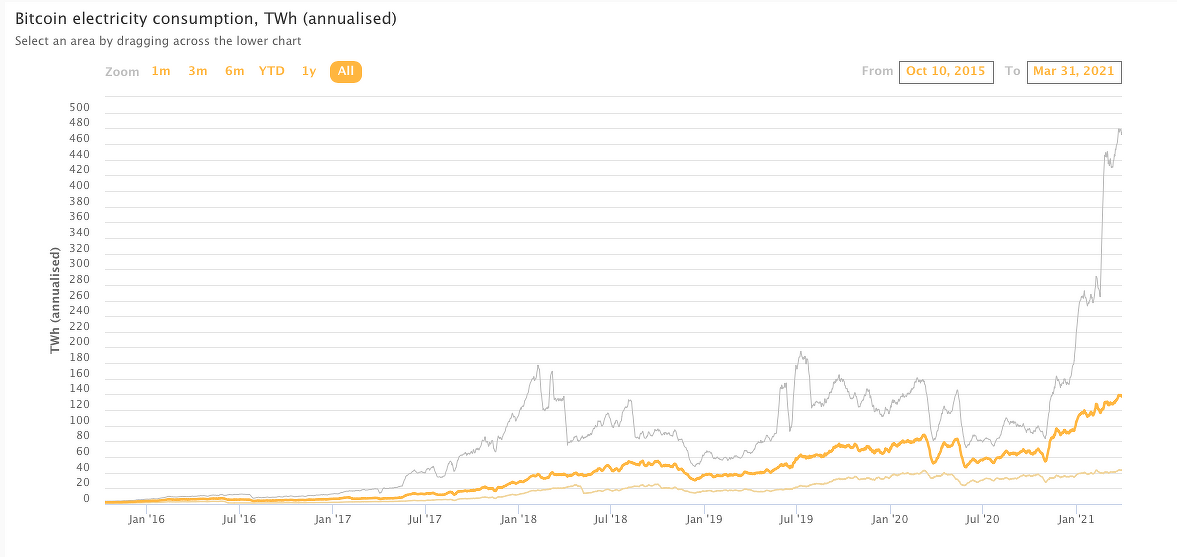The Financial Monitoring Unit (FMU) has asked the Central Directorate of National Savings (CDNS) to immediately report CDNS clients, who are frequently purchasing savings certificates or prize bonds through unusual payments in cash which do not commensurate with purchasers’ profiles.
The cases of large cash deposits followed by early withdrawal by the investors of the CDNS is also considered a suspicious transaction to be reported to the FMU.
According to the FMU’s letter to the Central Directorate of National Savings (CDNS), the FMU has issued Red-Flag Indicators for the Central Directorate of National Savings (CDNS). In terms of Section 7 (1) of the Anti-Money Laundering Act, 2010. The CDNS is required to promptly report Suspicious Transactions Reports (STRs) to the Financial Monitoring Unit for potential Money Laundering (ML) or Terrorism Financing (TF) related activities.
To identify a suspicion that could be indicative of Money Laundering (ML) or Terrorism Financing (TF), FMU has prepared the red flag indicators in consultation with the National Savings (AML and CFT) Supervisory Board that are specially intended as an aid for the CDNS and are attached as “Red Flag Indicators for Central Directorate of National Savings (CDNS)”.
These red flags may appear suspicious on their own; however, it may be considered that a single red flag would not be a clear indicator of potential ML or TF activity. However, a combination of these red flags, in addition to analysis of the overall financial activity and client profile may indicate a potential ML or TF activity, FMU stated.
The FMU has further asked the CDNS that the CDNS is required to report a Suspicious Transaction Report (STR) to the Financial Monitoring Unit (FMU) if CDNS suspects or has reasonable grounds to suspect that the funds in question, are the proceeds of criminal activity or money laundering or related to terrorist financing, including attempted transactions, regardless of their value or amount, as per the format prescribed by FMU and as required under AML Act.
In line with requirements of National Savings (AML and CFT) Regulations (S.R.O.956(I)/2020), if the Responsible Officer(s) observes one or more of these red flags, he/she will perform Enhance Due Diligence (EDD) and update the Know Your Customer (KYC) or Customer Due Diligence (CDD) information available with CDNS. Responsible Officer will make further inquiries or investigations from the customer with documentary evidence, which shall be stored in line with record keeping requirements.
In case the customer is not able to provide documentary evidence to satisfy the branch manager or the branch manager has a reason for suspicion, a Suspicious Transaction Report (STR) shall be promptly filed with FMU.
To identify some of the circumstances that could be suspicious or that could be indicative that money is being laundered (ML) or used for terrorism financing (TF) purposes, the following are some red flags which are specially intended as an aid for CDN:
Red Flags for Transactional Pattern related to all products (including certificates, accounts, and prize bonds) wherever applicable:
- The nominee is not a close relative or change in a nominee (for instance, to include non-family members).
- A third-party check is provided for investment.
- Purchase of a long-term investment product followed shortly thereafter by a request to liquidate the position to get back the invested amount.
- Overall investment quantum, account balance, or transactional activity is not in line with the customer’s business, known means, or stated purpose of the product.
- The client is frequently purchasing savings certificates or prize bonds through unusual payments in cash, which do not commensurate with his/her profile.
- Unusually high levels of investments or unusually large transactions in relation to what might reasonably be expected of clients with a similar profile.
- When transactions are conducted without any apparent legitimate or economic reason. 8. Where multiple deposits are made by unrelated individuals.
- Large cash is deposited followed by early withdrawal.
- Where large deposits and withdrawals are made routinely, and the end of day balance is very low or nil.
- When a customer insists to buy multiple savings certificates or prize bonds through structured or broken cash transactions to avoid CTR reporting threshold (Rs 2.0 Million and above).
- Two or more customers (Linked/associated with each other) working together to break one cash transaction into two or more transactions to evade the CTR reporting requirement.
- Purchase of higher denomination Prize Bonds against cash without providing any plausible justification.
- Encashment of higher denomination Prize Bonds without any plausible justification.
- When a customer is frequently converting one product into another (especially in the name of an unrelated third party) without any plausible justification.
- Numerous prizes are repeatedly/very frequently being claimed by the customer against winning prize bonds during a short span of time. Immediate Actions to be taken by the concerned officers.
The post Financial Watchdog Directs National Savings Directorate to Report Suspicious Transactions appeared first on .
